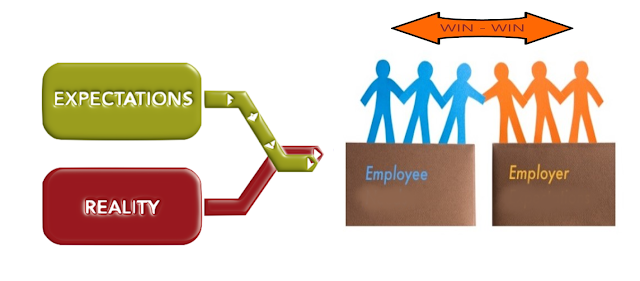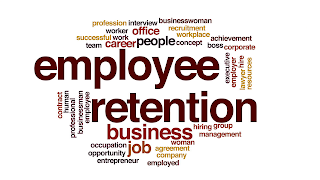Employee Relations

Employee Expectations in Modern Organizational Environment (The focus of this article is to discuss about “Employee Expectations of an organization” under the topic of “Employee Relations” relating to the main subject of “People and Organizations”.) Employee Expectations Employees have their own expectations, and if those expectations aren't met, some of your best will eventually look elsewhere. Even if you're soliciting feedback, social dynamics can obscure the responses. While individual employees may not always be vocal about their expectations, studies focused in on what employees really want in modern context have revealed few elementary factors. If you want to improve employee engagement and retention, you'll need both a deeper understanding of employee expectations, and modern organizational best practices that fulfill them. What do employees expect? Recent studies have identified top five contributors to job satisfaction. ...



